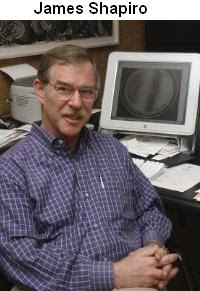I will be attending the Royal Society Meeting on New trends in evolutionary biology: biological, philosophical and social science perspectives. I'll post each of the abstracts and ask for your help in deciding what question to pose to the speakers. Here's the abstract for Karola Stotz's talk on
Developmental niche construction.
In the last decade niche construction has been heralded as the neglected process in evolution. But niche construction is just one way in which the organism’s interaction with, and construction of the environment, can have potential evolutionary significance. This constructed environment not just selects for, it also produces new variation. Nearly three decades ago, and in parallel with Odling-Smee’s book chapter ‘Niche-constructing phenotypes’, West and King introduced the ‘Ontogenetic Niche’ to give the phenomena of exogenetic inheritance a formal name. Since then a range of fields in the life sciences and medicine has amassed evidence that parents influence their offspring by means other than DNA (parental effects). Diverse scientists use different theoretical constructs for overlapping sets of processes, all of which show one way or another how heritable variation can be environmentally induced and developmentally regulated. Here I propose the concept of ‘developmental niche construction’ as a framework to integrate findings from fields ranging from molecular biology to developmental psychology. It elucidates how a diverse range of mechanisms contributes to the transgenerational transfer of developmental resources. This talk will explore the overall significance of these developments in the life sciences, and particularly how they advance the ongoing integration of development, heredity, ecology, and evolution.Karola Stotz is a philosopher at Macquarie University in Sydney, Australia.
Organisms interact with, and change, their environment. This is hardly news but it's being promoted as one of the "new trends in evolutionary biology." Why?
I think I'll ask her what's "new" about this?









